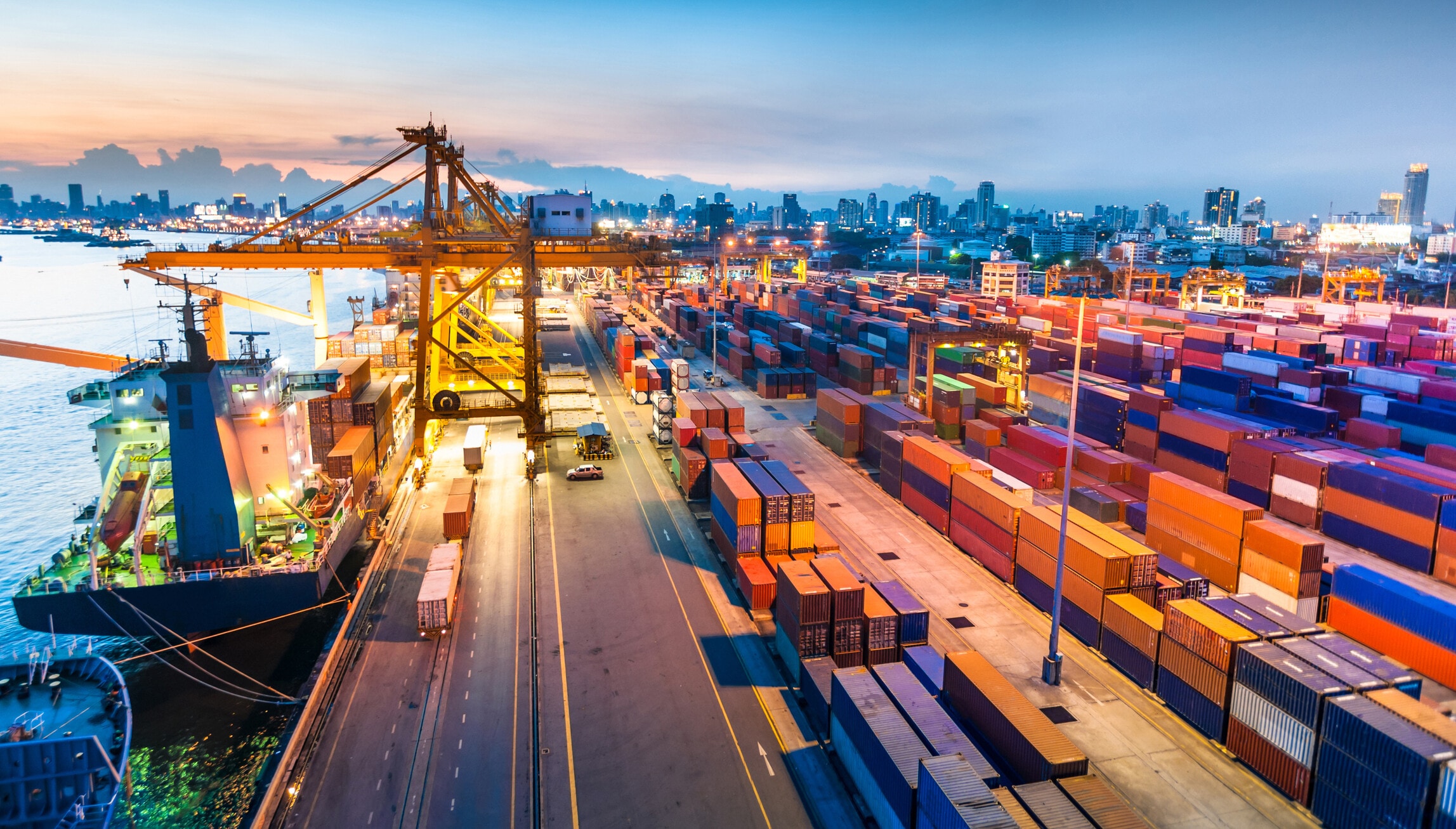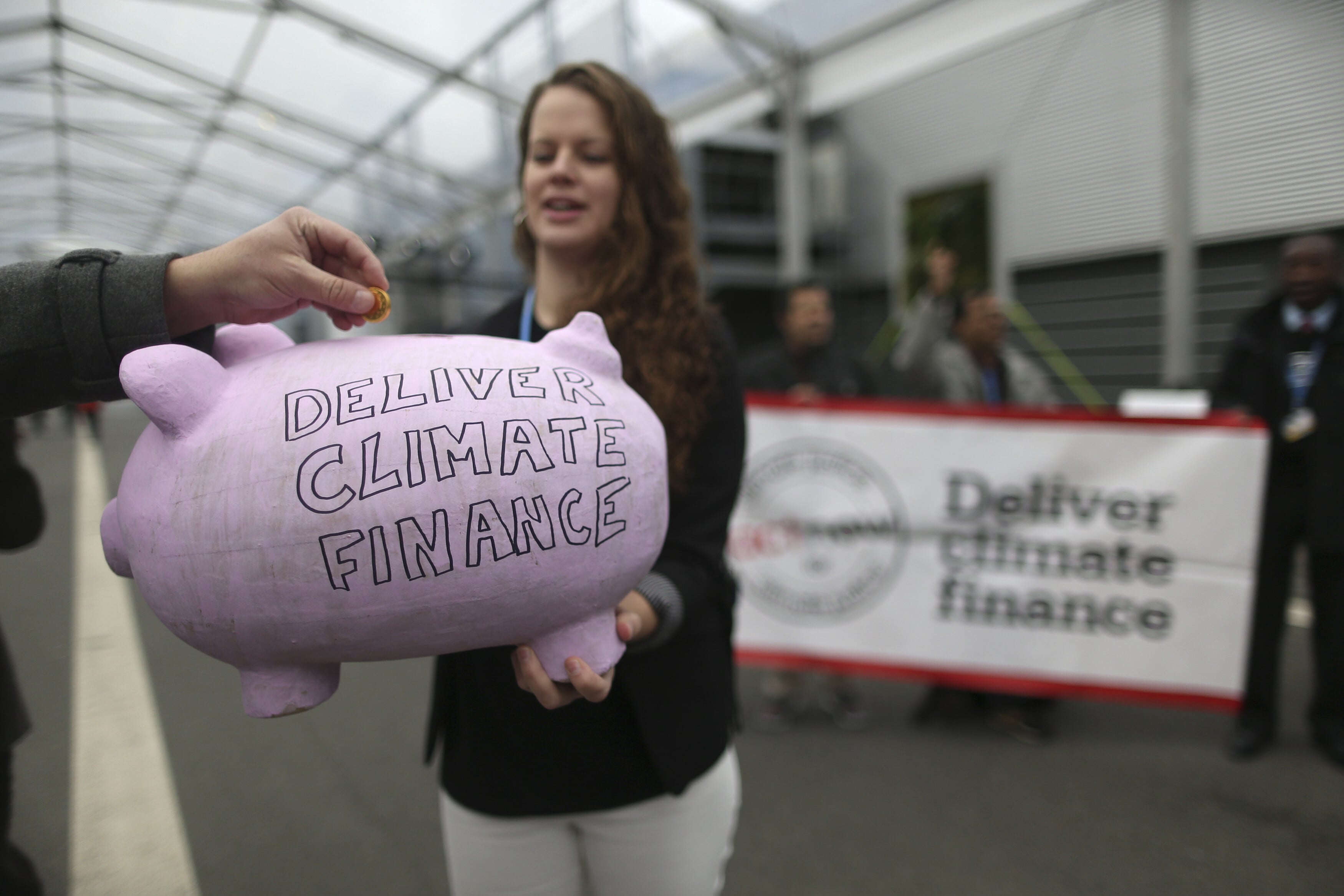World Bank: Economy faces huge losses if we fail to protect nature

Governments should channel agricultural subsidies away from things that harm pollinators.
Image: REUTERS/David W Cerny
Stay up to date:
Climate Crisis
- The global economy faces annual losses of $2.7 trillion by 2030 if ecological tipping points are reached.
- In its first "Economic Case for Nature" report, the World Bank called on countries to do more in protecting and restoring nature.
- The World Bank projected that 51 countries would experience an overall fall in GDP of 10-20% by the end of the decade if vital ecosystems collapsed.
- Among the hardest-hit will be Democratic Republic of Congo, Angola, Madagascar, Ethiopia, Bangladesh and Pakistan.
- Global annual spending to protect and restore nature needs to triple this decade to about $350 billion by 2030, and rise to $536 billion by 2050.
The global economy faces annual losses of $2.7 trillion by 2030 if ecological tipping points are reached and countries fail to invest more in protecting and restoring nature, the World Bank said on Thursday, calling for a greener COVID-19 recovery.
The study identified key "ecosystem services" that it said were close to tipping points, including wild pollinators and provision of food from marine fisheries and timber from native forests.
"It's not just about biodiversity - it's about the economy. The moment to act is now," report co-author Gianni Ruta, lead environmental economist at the World Bank, told the Thomson Reuters Foundation by phone.
Better conservation and management of natural areas, such as parks, oceans, forests and wildernesses, are seen as essential for protecting the natural systems on which humans depend and meeting targets to reduce planet-warming emissions.
Global annual spending to protect and restore nature on land needs to triple this decade to about $350 billion by 2030 and rise to $536 billion by 2050, a U.N. report said in May.
But many political leaders have yet to grasp the economic benefits of conservation, relying instead on exploitation of natural resources to lift their people out of poverty, environmentalists say.
The World Bank projected that 51 countries - with a combined population of 1.6 billion people - would experience an overall fall in gross domestic product (GDP) of 10-20% by the end of this decade if vital ecosystem services collapse.
Sub-Saharan Africa and South Asia would face an annual GDP contraction of 9.7% and 6.5% respectively, it warned.
This is because they depend on pollinated crops and, in the case of sub-Saharan Africa, on forest products.
They also have a limited ability to switch to alternatives that will be less affected by climate change, pollution and land degradation, the report said.

Among the hardest-hit will be Democratic Republic of Congo, Angola, Madagascar, Ethiopia, Bangladesh and Pakistan, it added.
Ruta said governments should channel agricultural subsidies away from things that harm biodiversity such as fertilisers, diesel for irrigation equipment and incentives to farm unsuitable land.
Instead he urged them to promote sustainable farming and reward groups that conserve natural areas on their land.
He also called for a global funding mechanism to help developing nations achieve green shifts.
What’s the World Economic Forum doing about climate change?
A coalition of about 60 countries is currently pushing to protect at least 30% of land and oceans by 2030 (30x30), ahead of a U.N. biodiversity summit in China, set for October.
The World Bank report urged more nations to back the 30x30 proposal, adding that the financial benefits from maintaining ecosystem services would almost completely offset the costs of protecting additional land to meet the target.
Governments should also include more green policies in their pandemic stimulus packages, it added.
"Preserving nature and maintaining its services are critical for economic growth," said World Bank Group President David Malpass.
Accept our marketing cookies to access this content.
These cookies are currently disabled in your browser.
Don't miss any update on this topic
Create a free account and access your personalized content collection with our latest publications and analyses.
License and Republishing
World Economic Forum articles may be republished in accordance with the Creative Commons Attribution-NonCommercial-NoDerivatives 4.0 International Public License, and in accordance with our Terms of Use.
The views expressed in this article are those of the author alone and not the World Economic Forum.
Forum Stories newsletter
Bringing you weekly curated insights and analysis on the global issues that matter.
More on Climate ActionSee all
Wee Kean Fong and Yvonne Zhou
July 29, 2025
Pranidhi Sawhney and Adam Skali
July 29, 2025
David Carlin and Sourajit Aiyer
July 28, 2025
Nasim Pour, Sebastien Cross and Joel Gould
July 28, 2025
Michael Wang
July 28, 2025
Naoko Tochibayashi
July 28, 2025





